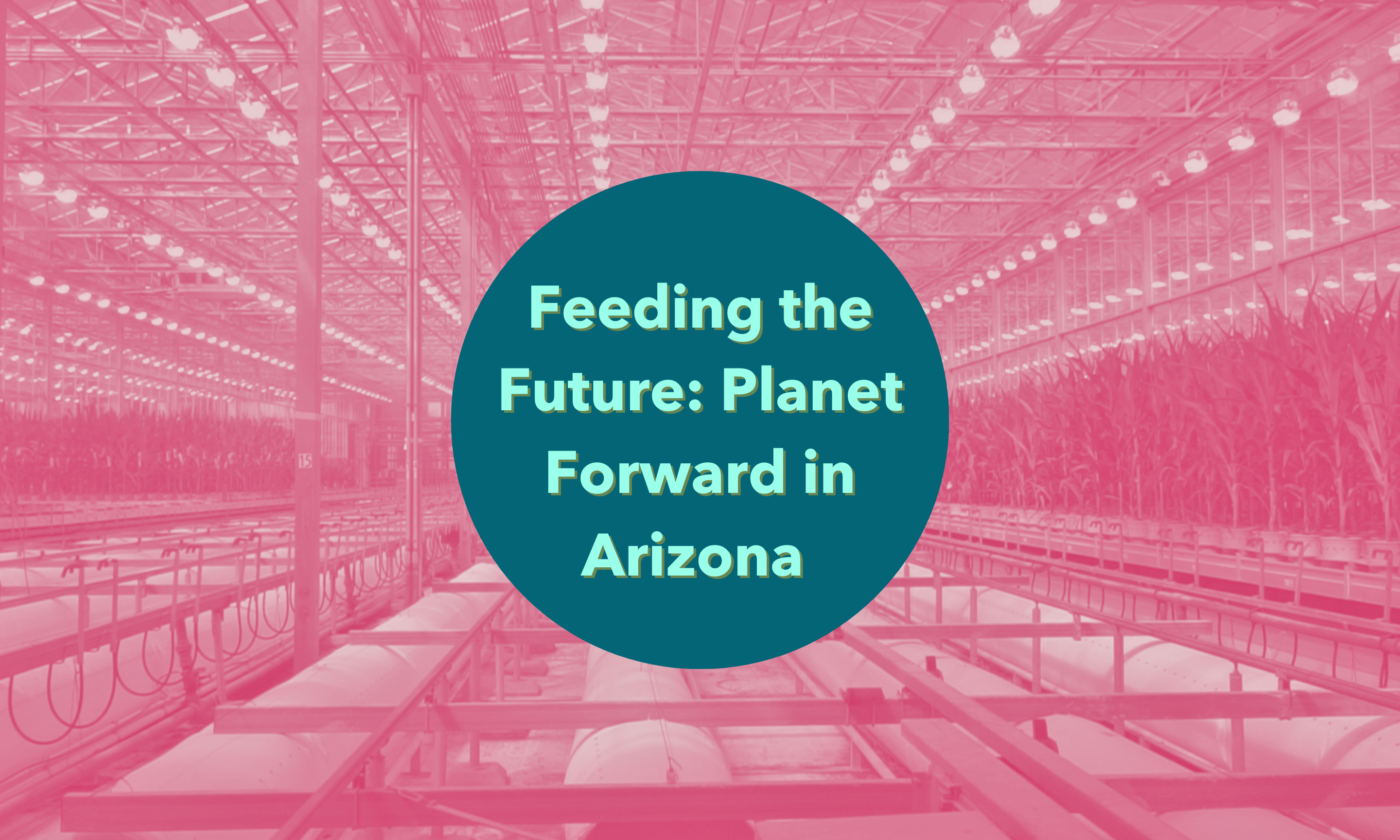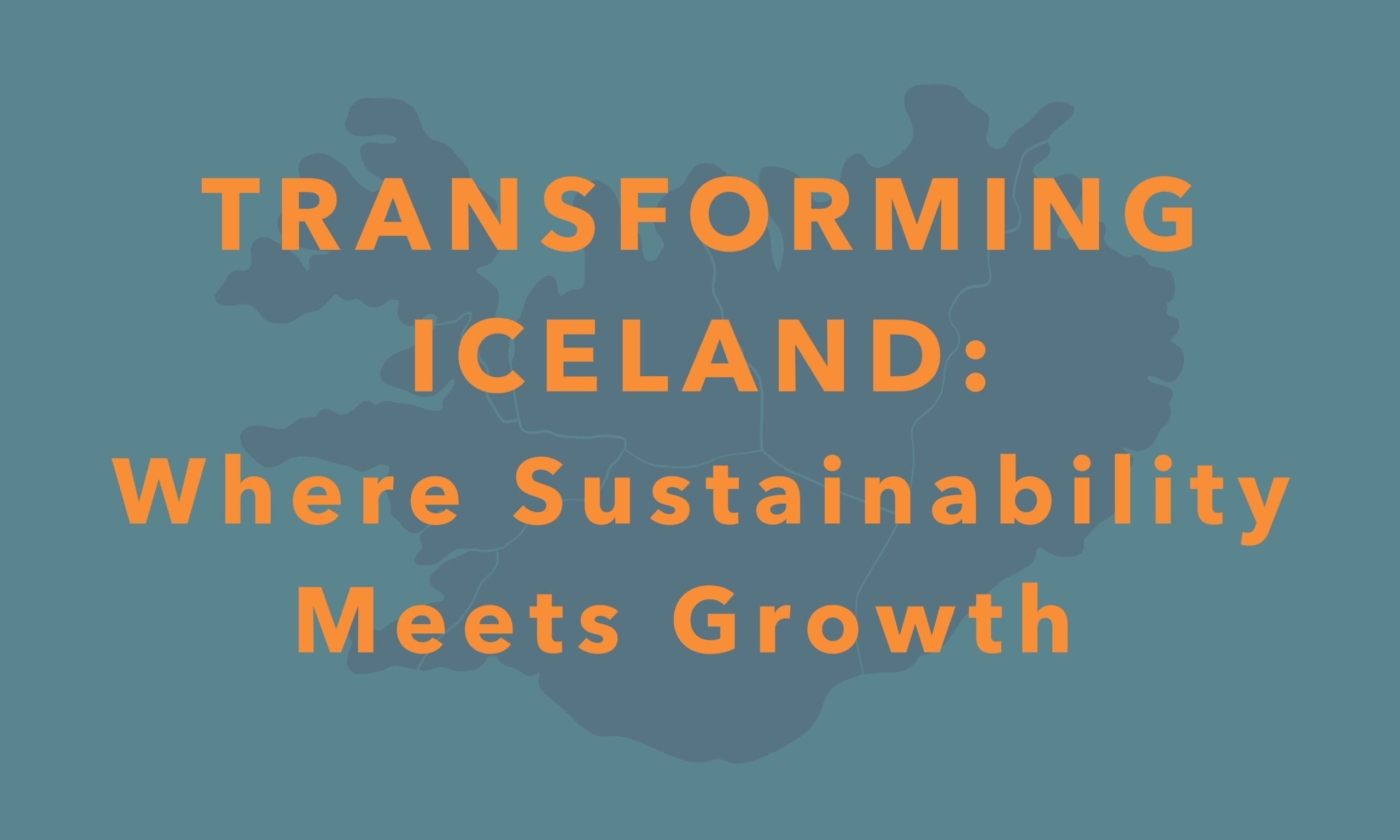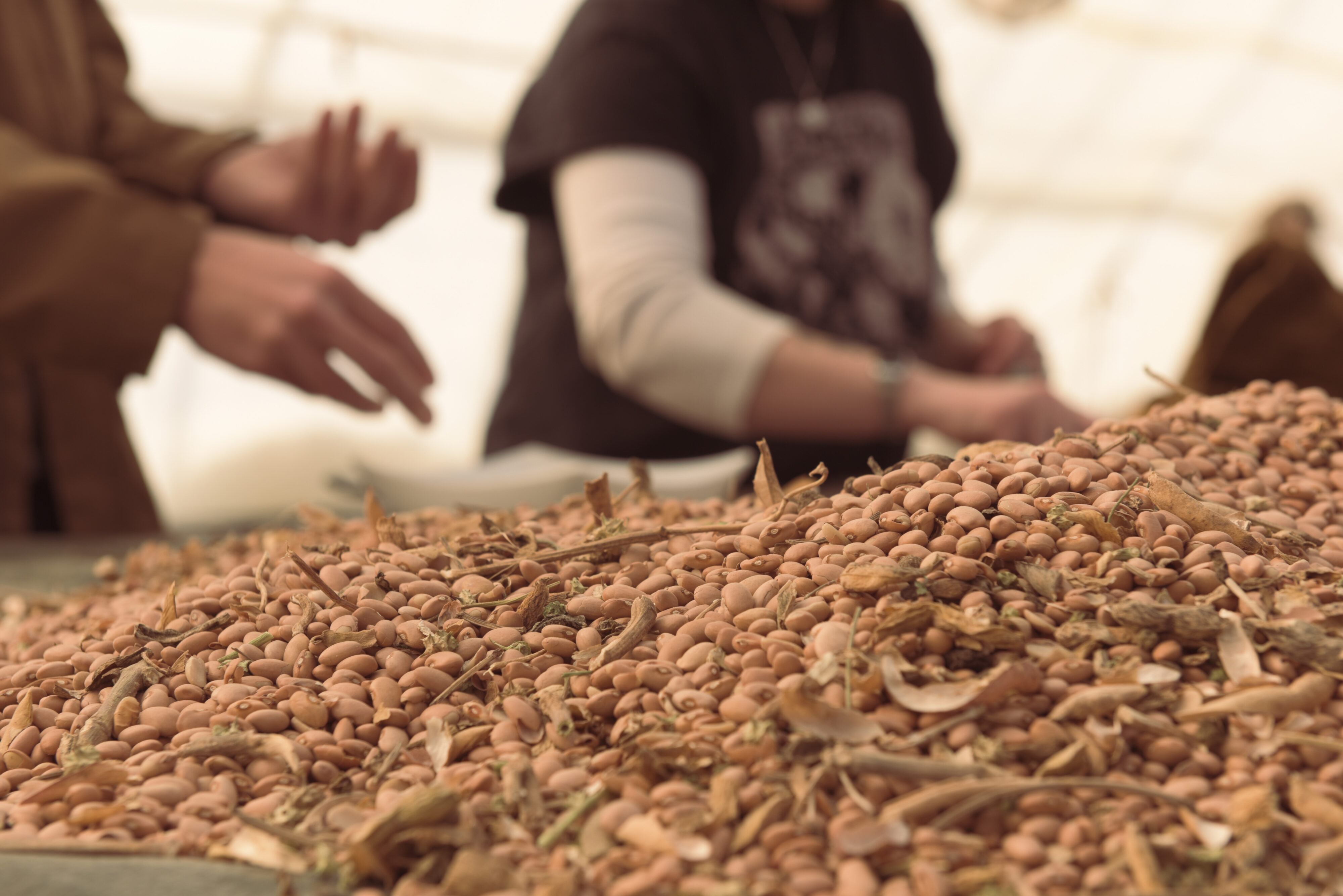Industrial agriculture is a huge contributor to greenhouse gas emissions and now, more than ever, people are exploring alternative food cultivation systems such as hydroponics to offset the damage done by industrial agriculture.
Going with the flow: Hydroponics in the face of climate change
The current system of industrial agriculture poses a great threat to the planet in more ways than one. Factory farming, deforestation, food transportation, greenhouse gas emissions, and soil erosion are just a few of the many reasons that industrial agriculture is negatively affecting the earth and those who live on it (humans and non-humans alike). As more and more people migrate to urban areas, there is an increasing distance between the food people eat and where the food is grown, further contributing to the environmental impact in negative ways due to the increase in food miles and food transportation. However, people are beginning to explore alternative forms of agriculture in an effort to combat these major issues.
One alternative form of agriculture that is much more sustainable for urban environments is hydroponics. Hydroponic agriculture involves growing plants in nutrient-rich water that can be recycled, all with minimal use of soil. At the University of Wisconsin – Madison a new student organization, Free Salad, is working to not only create hydroponic systems on campus but also to educate students and get them involved with sustainable agriculture. Increasing knowledge and awareness on campus and within the community about the problems and potential solutions within the agriculture industry can lead to a brighter future for not only for ourselves but for the planet as a whole.






















